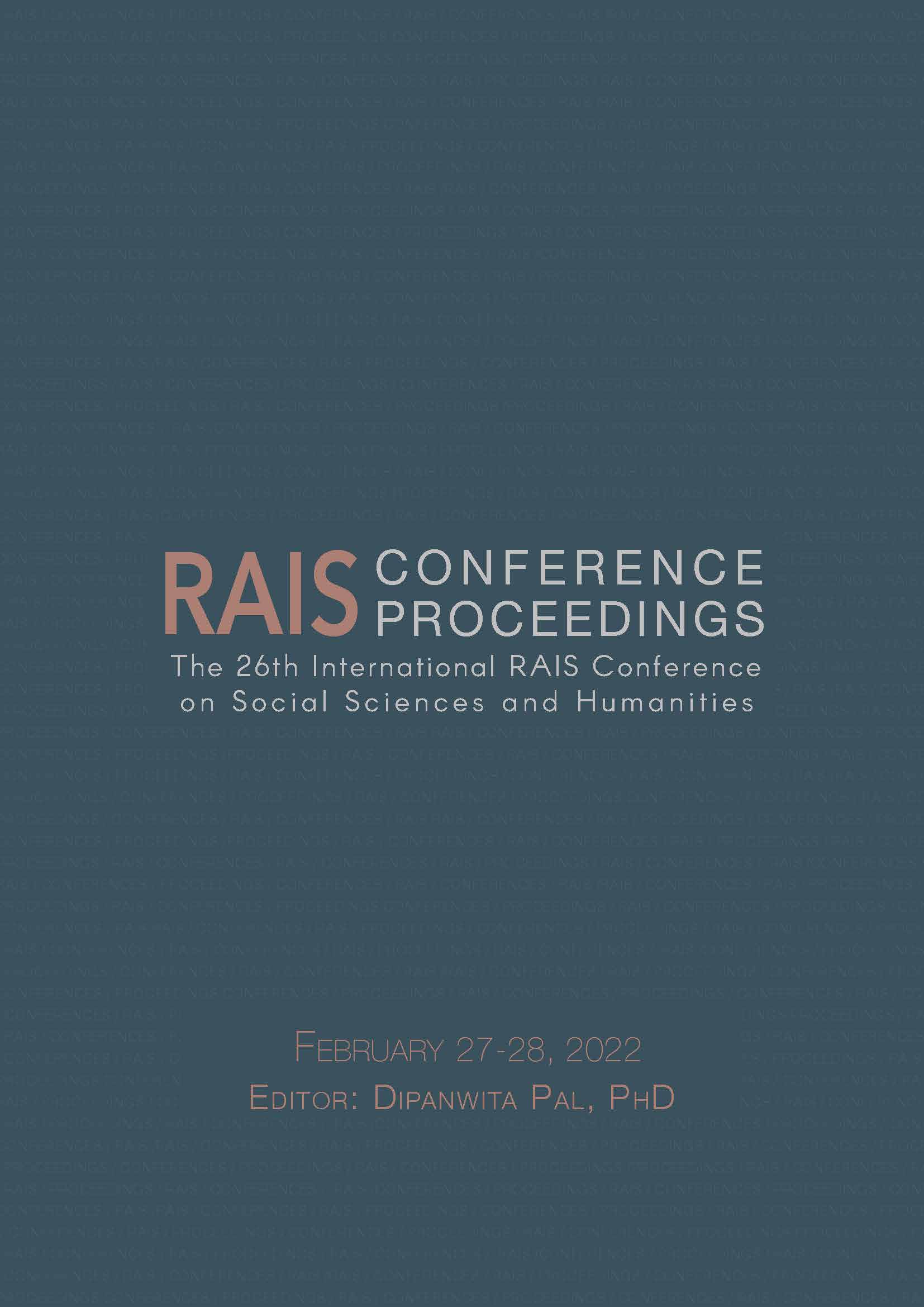Defashionization for Sustainability: From Conspicuous to Conscientious Consumption Breaking Business Cycles for Environmentalism
Defashionization for Sustainability: From Conspicuous to Conscientious Consumption Breaking Business Cycles for Environmentalism
Author(s): Julia M. Puaschunder
Subject(s): Business Economy / Management, Energy and Environmental Studies
Published by: Scientia Moralitas Research Institute
Keywords: Agrohoods, Biophilia; Business Cycle Theory; Capitalism; Capitalist societies
Summary/Abstract: The time for defashionization has come. With the United Nations Conference of the Parties COP26 heralding the call for attention to sustainable fashion, society is ripe to question the whims of fashion’s impact on sustainability. Is the luxury moment of our time harmony with nature and practicing degrowth in recycling to cherish sustainability? Already in the historic political economy foundations of capitalism, workers are described to produce in order to consume. Classic business cycle theory and the creative entrepreneur portray a human-innate need for change and innovation as the spring feather of capitalism. In capitalist societies, there is a race for innovation of entrepreneurs and offering new products on a constant basis in order to evade the falling rate of profit. Capitalist constantly innovate in order to offer new products in markets and reap the highest rate of return and profit from consumers, who constantly want to change and have access to changing products. Producers of goods are in a competitive race for innovation and offering new products to ever-innovation-seeking consumers. The constant pressure to innovate and offer new products on the supply side and the constant production for a salary in order to consume the newest goods and services lie at the core of capitalist societies. Climate change and the Sustainable Development Goals but also the Green New Deals in the United States and Europe as well as the New Generation EU have formulated aspirational goals of sustainability. The circular economy and conscientious consumption have become the en vogue trends of our times. The novel Coronavirus crisis COVID-19 has also driven demand for rest, recovery and degrowth. COVID Long Haulers in particular appear to favor harmony with the environment in agrohoods driving trends of deurbanization but also biophilia trends that resemble nature in interior design and clean unprocessed nutrition. How is our classic understanding of business cycles’ reinvention drive and the innovative entrepreneurs’ creative destruction justified in light of sustainability pledges? Have we reached an age of luxury in the appreciation of environmentalism that forms a larger transcending Gestalt that benefits future generations? This article asks if the time is ripe for a defashionization of economic business cycles of reproduction and harmonize ecology with innovation. The paper also provides vivid examples of sustainability capitalism solutions, which prove that the Green New Deal aligns economic values with sustainability. The New Deals, degrowth, minimalism, biophilia and agrohoods are newest trends that appear to crowd out whims of ever-changing trends for rest in sustainable well-being.
Book: Proceedings of the 26th International RAIS Conference on Social Sciences and Humanities
- Page Range: 146-155
- Page Count: 9
- Publication Year: 2022
- Language: English
- Content File-PDF

